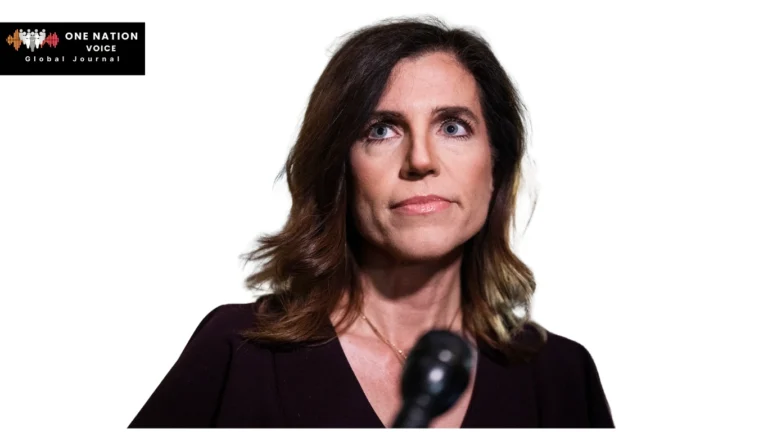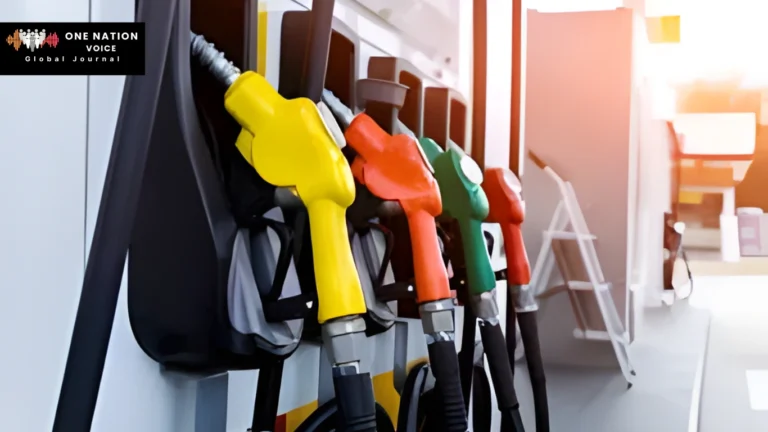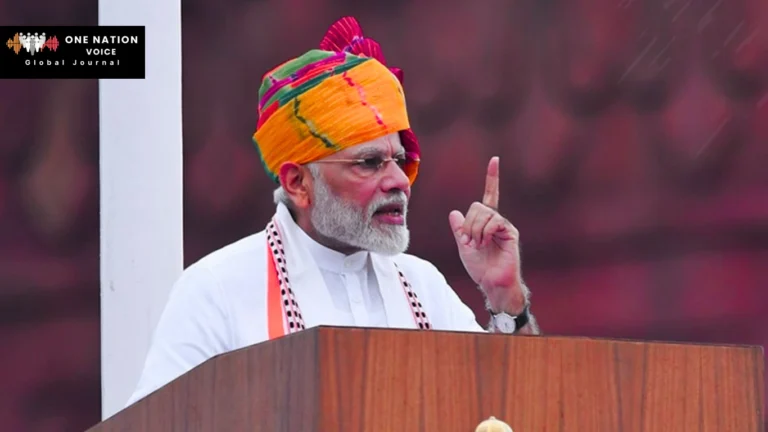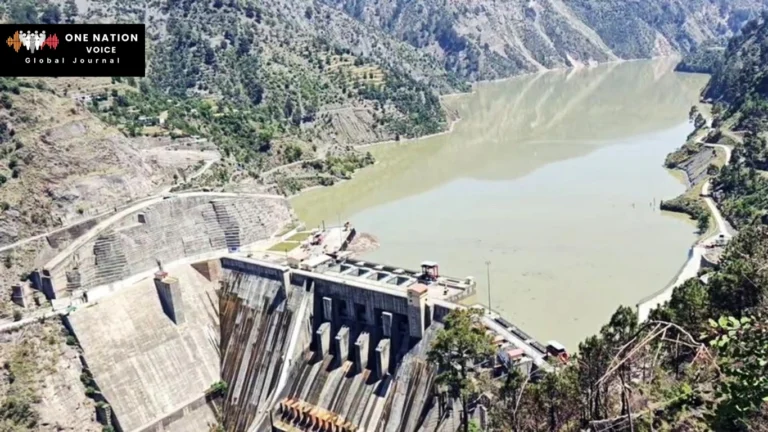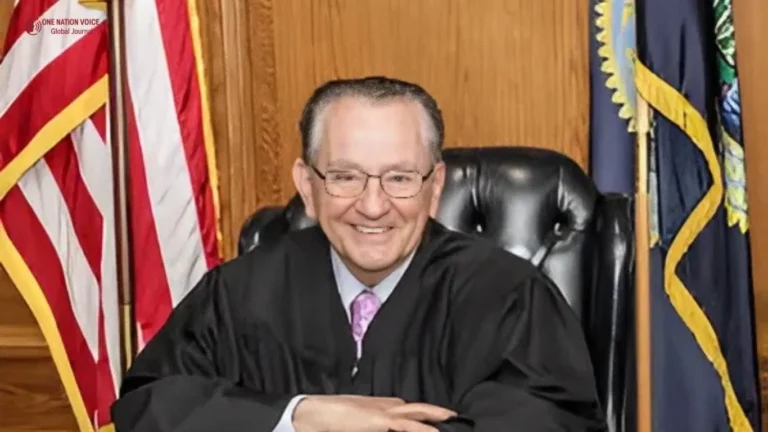The Overseas Pakistanis Convention 2025

The Overseas Pakistanis Convention 2025 marked a watershed moment in Pakistan’s history, ushering in a new era of national unity, inclusion, and global engagement. For the first time, the State formally recognized overseas Pakistanis not just as financial contributors through remittances, but as integral partners in the country’s development journey. Hosted under the leadership of Prime Minister Shehbaz Sharif and Chief of Army Staff General Asim Munir, the Convention sent a powerful and unprecedented message: that Pakistan is ready to embrace its global family not just with words, but with meaningful reforms, bold commitments, and a fresh spirit of patriotism.
This historic gathering drew over 1,500 overseas Pakistanis from across the globe. Their participation reflected a deep, unshaken patriotism that no amount of political propaganda could distort. The Convention rose above divisive rhetoric, particularly attempts by PTI-aligned voices to polarize and mislead the diaspora. Instead, what emerged was a unifying, forward-looking platform that underscored Pakistan’s resolve to transition from symbolic recognition of its diaspora to their actual policy integration.
PM Shehbaz Sharif unveiled a groundbreaking welfare and investment package tailored to the real needs of the diaspora. It included job quotas, legal reforms, and remittance incentives, which can be quoted as concrete steps to institutionalize diaspora engagement. Among the most applauded announcements were the establishment of special courts to handle overseas Pakistanis’ legal cases swiftly, especially land and property disputes, and a commitment to allow e-filing and video testimonies in legal matters. The creation of special facilitation offices by Boards of Revenue in Punjab and Balochistan, soon to be replicated in Khyber Pakhtunkhwa, Sindh, and AJK, demonstrates that this is not a one-off gesture but the beginning of systemic change.
In his stirring address, General Asim Munir declared, “This is not brain drain, it’s brain gain,” recognizing the diaspora not as lost potential, but as ambassadors of Pakistan whose global expertise can be reinvested into national growth. His words resonated with young diaspora professionals, many of whom welcomed initiatives like the 5,000 NAVTTC skill development courses, a 5 to 15% education quota in universities and medical colleges for children of overseas Pakistanis, and significant job age relaxations. These measures aim to reverse the brain drain and channel overseas talent back into Pakistan’s economic and intellectual fabric.
Financially, the diaspora continues to be a backbone of Pakistan’s economy. March 2025 alone saw a record-breaking $4.1 billion in remittances, and total remittances for the fiscal year are projected to hit $38 billion. To further incentivize this, the government announced that overseas Pakistanis will now be considered filers by the Federal Board of Revenue (FBR), easing banking and business transaction taxes. In a groundbreaking move, civil awards based on remittance performance will now be conferred annually on August 14, transforming gratitude into state-level recognition.
The event was designed to be transparent and people-powered. Contrary to the claims of “keyboard warriors” and fringe detractors, there was no state-funded luxury travel involved. The participatory nature of the Convention, with more than 20 ministries setting up direct help desks and a follow-up committee chaired by Deputy PM Ishaq Dar accepting 14 diaspora demands, symbolized a new social contract between Pakistan and its overseas citizens. This was not just an event, but a shift in governance philosophy.
A key strategic objective of the Convention was to counter politically motivated disinformation and build digital resilience. In a climate where misinformation can damage national unity and external perceptions, the Convention projected a soft, inclusive, and progressive image of Pakistan. It celebrated cultural pride, international solidarity, and democratic engagement. The diaspora applauded Pakistan’s firm, principled stance on global issues such as Gaza and Kashmir, aligning the country’s foreign policy with the conscience of its global citizens.
Perhaps most importantly, the Overseas Pakistanis Convention 2025 reaffirmed that the diaspora is no longer a distant relative of the nation, but a vital organ of the state. With 10 million Pakistanis living in over 160 countries, the importance of their integration into national life cannot be overstated. The Convention promised to be an annual mega-event every April, with greater facilitation, participation, and impact in the years to come.
The presence of the Speaker of the National Assembly, federal ministers, ambassadors, and the highest ranks of the military showcased bipartisan ownership of this new diaspora policy. The Convention culminated in a strong, collective message of stability, progress, and hope. The event promised that Pakistan is moving forward and is ready to meet the future with all its citizens, at home and abroad, shoulder to shoulder.
The Convention marked a transformative moment in Pakistan’s journey toward unity, progress, and global engagement. It reflected a decisive shift from symbolic gestures to meaningful policy integration of the diaspora, recognizing their patriotism, talent, and economic contributions. With groundbreaking reforms, legal facilitation, youth-focused initiatives, and annual institutional commitments, the Convention laid the foundation for a lasting partnership between Pakistan and its global family. By countering divisive narratives and celebrating a shared national identity, the event redefined Pakistan’s relationship with its diaspora.
About the author:
The author is an independent researcher based in Islamabad, Pakistan.

